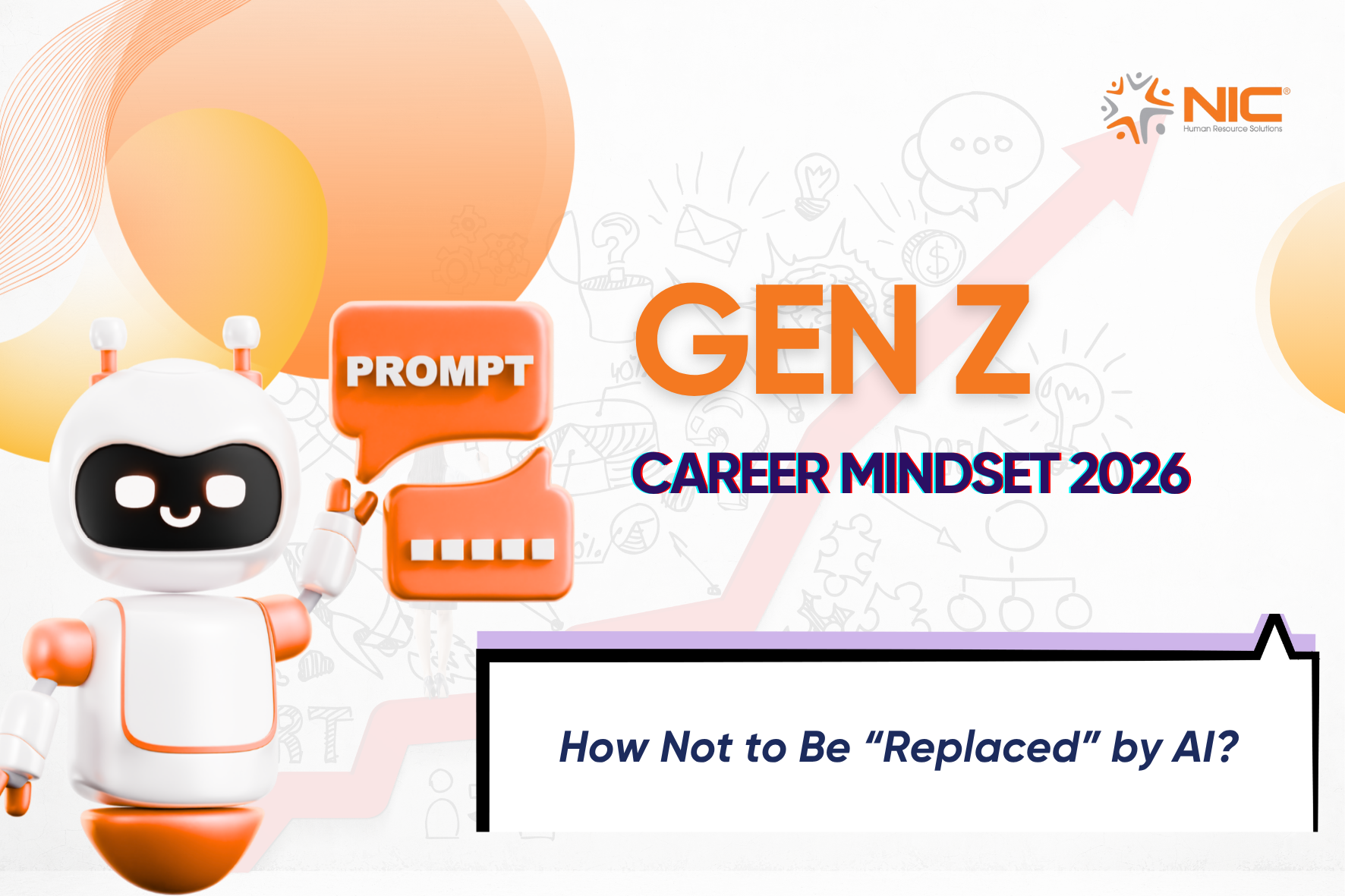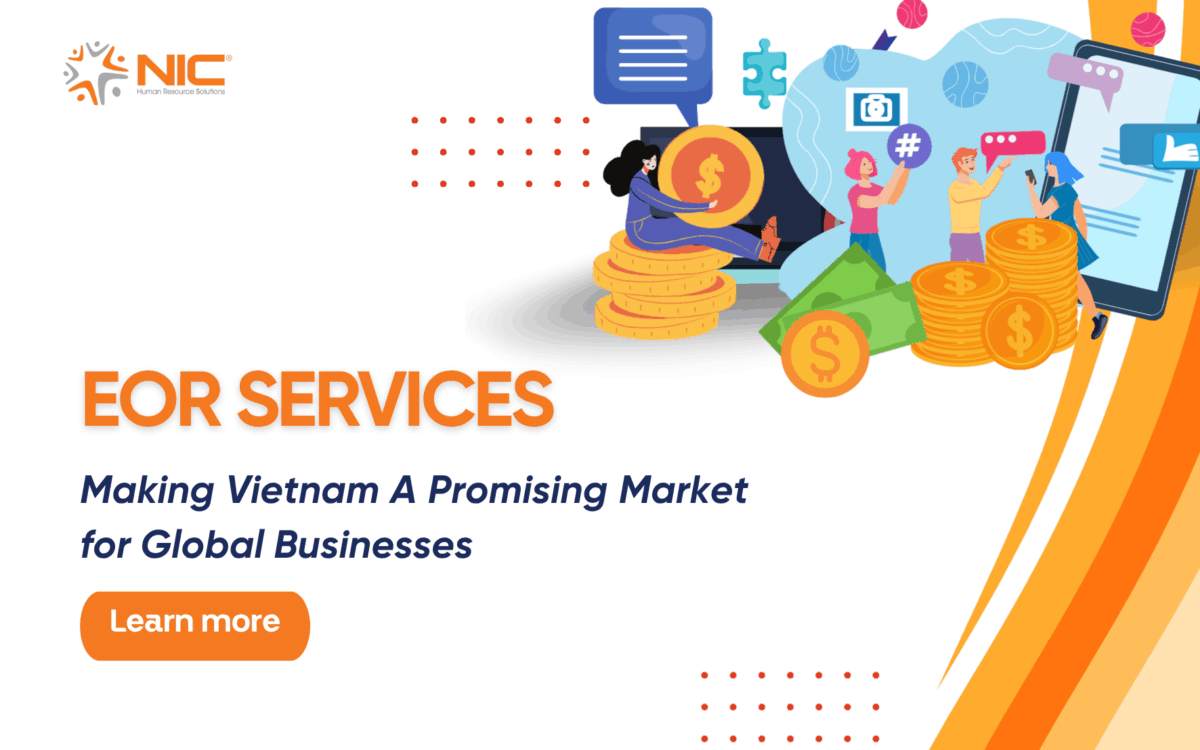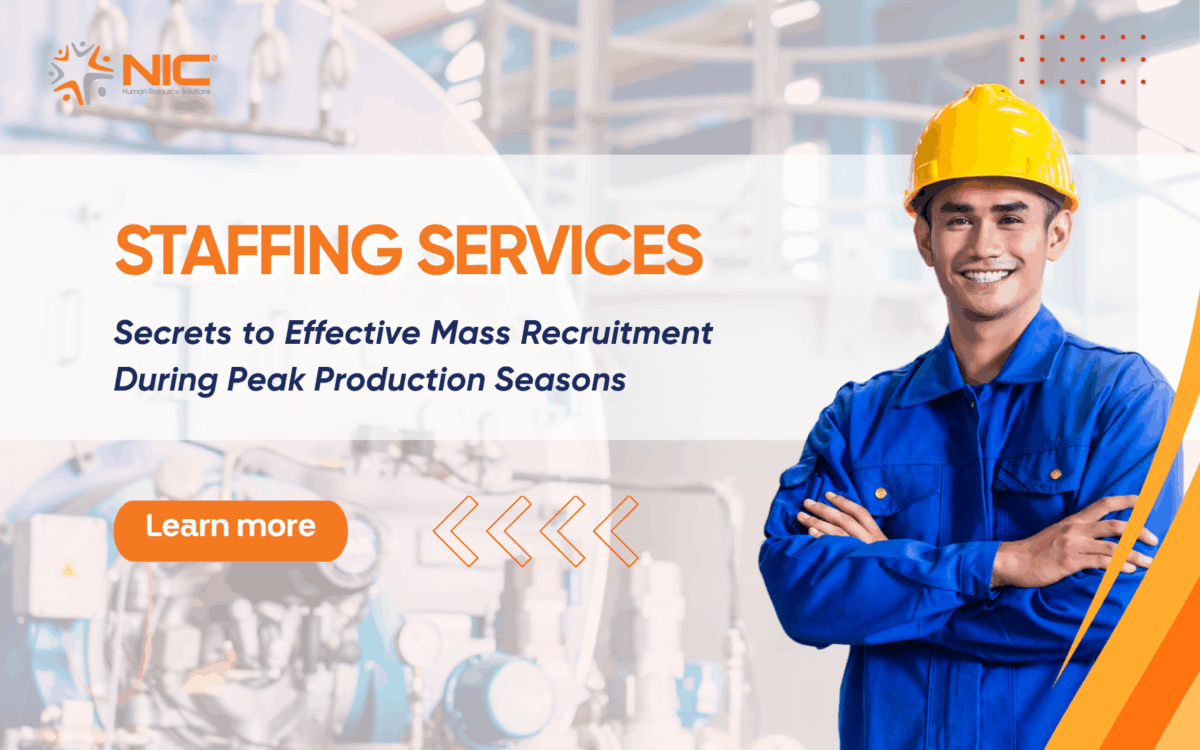Understanding Gen Z in the Workplace: A Comprehensive Insight
12/9/2024
As we move deeper into the 21st century, Generation Z (born between 1997 and 2012) is rapidly becoming a significant part of the global workforce. Their unique characteristics, shaped by technology, social media, and global connectivity, set new workplace trends and expectations. Yet, like every generation before them, they face stereotypes and misconceptions, especially regarding their work ethic, reliance on parental support, and mental health needs. This blog aims to provide a nuanced understanding of Gen Z in the workplace by synthesizing insights from multiple sources.
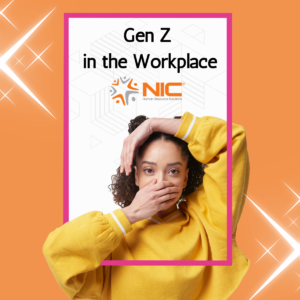
The Role of Parental Support in Gen Z’s Job Search
One of the most debated topics about Gen Z is their reliance on parents during the job search process. A survey mentioned in a blog by Suzanne Lucas highlights that 70% of Gen Zers asked their parents for help in job hunting, with some even bringing their parents to interviews. While this statistic might seem alarming, it’s essential to distinguish between seeking guidance—which is entirely normal—and depending on parents for tasks like submitting job applications, which can reflect a lack of motivation.
However, it’s crucial to recognize that parental involvement isn’t entirely negative. As pointed out in a piece from HR Daily Advisor, asking for help is a natural part of the job search process, and many professionals across all age groups seek advice and support. The real concern arises when this support crosses into over-dependence, potentially stunting the development of essential job-seeking skills that Gen Z needs to thrive independently in the workplace.
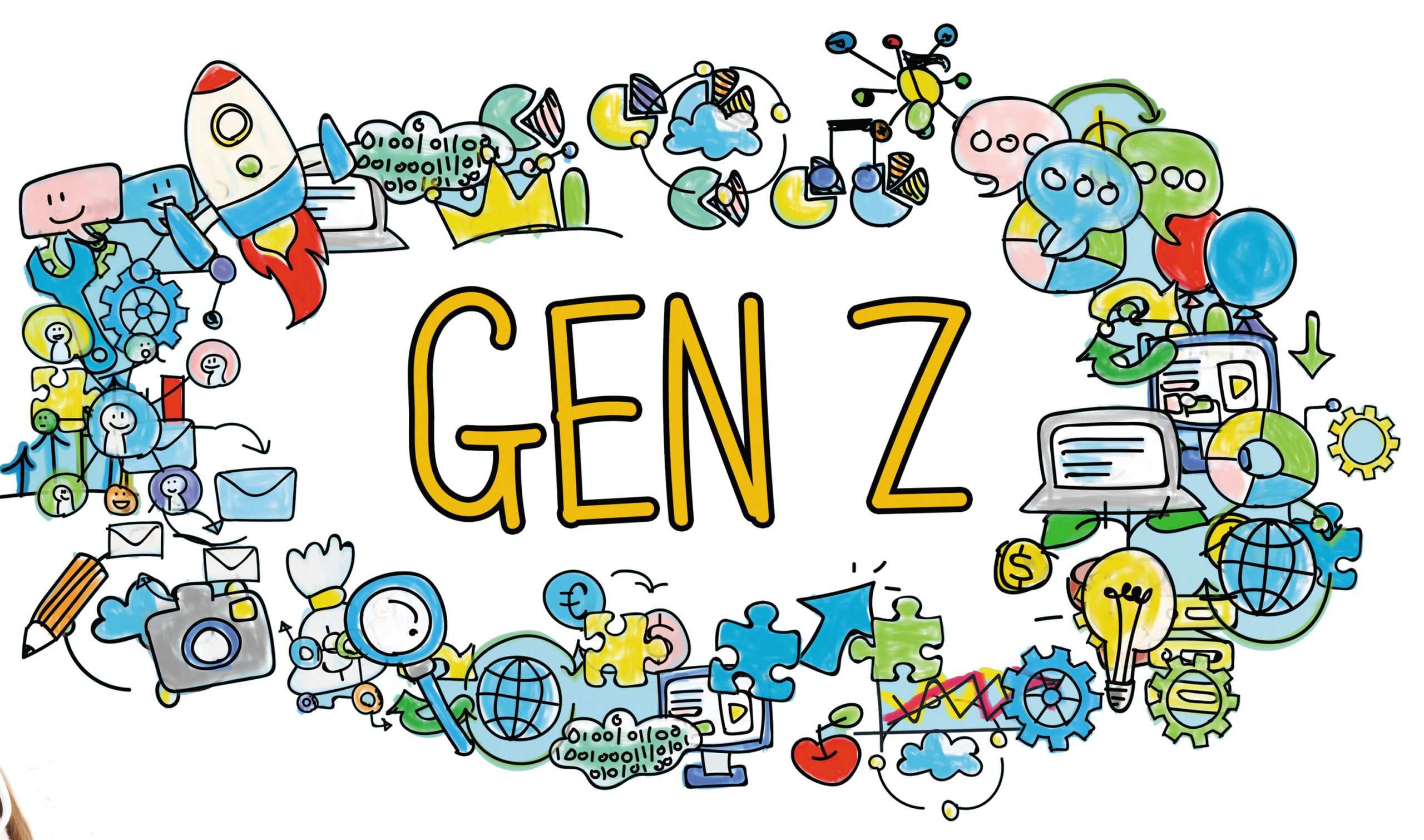
Gen Z’s Expectations and Challenges in the Workplace
Gen Z’s entry into the workforce comes with a set of expectations that differ significantly from previous generations. According to a Deloitte Digital article, Gen Z workers highly value empathy, mental health support, and work-life balance. However, their bosses often do not prioritize these aspects to the same extent, leading to a disconnect in workplace expectations.
Moreover, Job Today highlights the challenges Gen Z faces, such as mental health issues and compensation that doesn’t meet the rising cost of living. These challenges are compounded by stereotypes that Gen Z lacks work ethic and loyalty, which are often unfounded and overlook the pressures this generation faces, particularly in a post-pandemic world.

Debunking Myths: Gen Z is Not Helpless
Despite the criticisms, Gen Z is far from helpless. As Suzanne Lucas pointed out, the notion that Gen Z is the worst generation ever is not only exaggerated but also echoes the same complaints that have been made about every young generation entering the workforce. Gen Zers are adapting to a rapidly changing world where traditional job-hunting methods might not always apply. They are also navigating a landscape that demands high levels of adaptability and resilience
Moreover, Gen Z’s approach to work reflects a desire for meaningful engagement and a balanced life. They prioritize employers who align with their values, particularly in areas like diversity, inclusivity, and mental health. As Deloitte Digital notes, Gen Z is not just asking for a job; they’re asking for a workplace that respects them as individuals and supports their overall well-being
Bridging the Gap: How Employers Can Support Gen Z
Understanding and adapting to Gen Z’s needs is not just about accommodating a new generation; it’s about future-proofing your workforce. Employers can take several steps to bridge the gap between expectations and reality:
- Empathy and Support: Recognize the importance of mental health and empathy in leadership. Ensure that your management style is supportive and that mental health resources are readily available.
- Clear Communication: Be transparent about job expectations, opportunities for growth, and feedback processes. Gen Z values clear and open communication.
- Flexibility: Offer flexible working arrangements that allow for a better work-life balance. This not only improves job satisfaction but also enhances productivity.
- Parental Involvement: While parental support can be beneficial, it’s essential to encourage independence in the job application process. This helps Gen Z develop the skills they need to succeed on their own.
- Training and Development: Provide continuous learning opportunities and career progression paths. Gen Z is eager to learn and advance quickly, and offering them these opportunities can significantly improve retention.
Gen Z as a Strategic Workforce Asset
In conclusion, rather than viewing Gen Z's unique characteristics as challenges, employers should see them as opportunities to innovate and grow. By understanding and embracing the needs and expectations of this generation, companies can build a more engaged, motivated, and resilient workforce. Gen Z's desire for meaningful work and digital fluency make them a valuable asset in the modern workplace.
As businesses like Nic Global continue to evolve, integrating Gen Z's perspectives can lead to more dynamic, inclusive, and forward-thinking organizational cultures. Whether through strategic HR initiatives or tailored recruitment practices, the key to success lies in recognizing that Gen Z is not just the future of work—they are the present.
For contact and support:
Facebook: NIC Global – Human Resource Solutions
Linkedin: NIC Global Sourcing JSC
Website: www.nicvn.com
Email: info@nicvn.com
Hotline: 0981.23.43.76
Address:
- Hanoi Office: No. 3A Thi Sach, Pham Dinh Ho Ward, Hai Ba Trung District, Hanoi, Vietnam
- Ho Chi Minh City Office: Dakao Center Building, 35 Mac Dinh Chi, District 1, Ho Chi Minh City, Vietnam
See more:
Payroll service
Staffing service
EOR service

